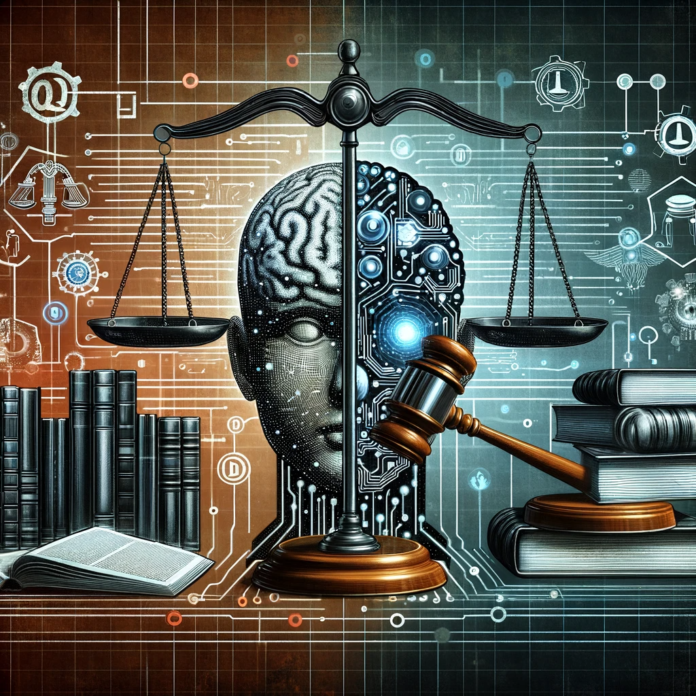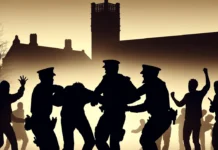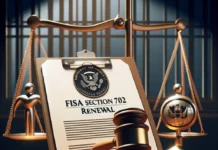In a landmark development this year, the U.S. Copyright Office has been thrust into a legal maelstrom, pitting content creators against technology giants in the domain of Artificial Intelligence (AI). The core of the dispute lies in the burgeoning field of generative AI, which has witnessed a surge in popularity and controversy alike.
The proliferation of AI, particularly in generative applications, has been championed by tech majors like OpenAI, backed by Microsoft, and Meta Platforms. This advancement has triggered a cascade of copyright lawsuits. Writers, artists, and other creatives allege that their intellectual work has been pivotal to AI’s success, demanding remuneration and legal restrictions against tech firms for unauthorized use of their creations.
Central to the dispute is whether AI companies infringe en masse by training their systems with extensive data, including images and texts from the internet. The courts have so far shown skepticism towards infringement claims based on AI-generated content. However, the legality of using copyrighted materials for AI training, a potentially multi-billion-dollar issue, remains unaddressed.
Several renowned authors, alongside visual artists, music publishers, and organizations like Getty Images and The New York Times, have initiated lawsuits. They claim tech companies have violated copyright laws by reproducing their materials for AI training without consent. The objective is twofold: monetary compensation and a legal barrier against further misuse of their work.
In response, tech giants have mobilized extensive legal defenses. They argue that their use of copyrighted material for AI training is akin to “fair use,” drawing parallels with human learning processes. For example, Meta likens AI training to a child’s language acquisition from various textual sources. These companies warn that adverse legal outcomes could stifle AI innovation.
The ramifications of these legal battles are profound, set to shape AI’s trajectory. Should tech companies prevail, it could reinforce the current model of AI development. Conversely, a victory for plaintiffs could necessitate a paradigm shift in AI training methodologies, potentially requiring licenses for the use of copyrighted content.
2024 stands as a defining year for AI in the context of copyright law. The outcomes of these legal skirmishes will likely have lasting impacts, dictating the operational and ethical boundaries for AI development. This juncture is not just a legal contest but a pivotal point in the evolution of technology, intellectual property rights, and their confluence in the modern digital landscape.










